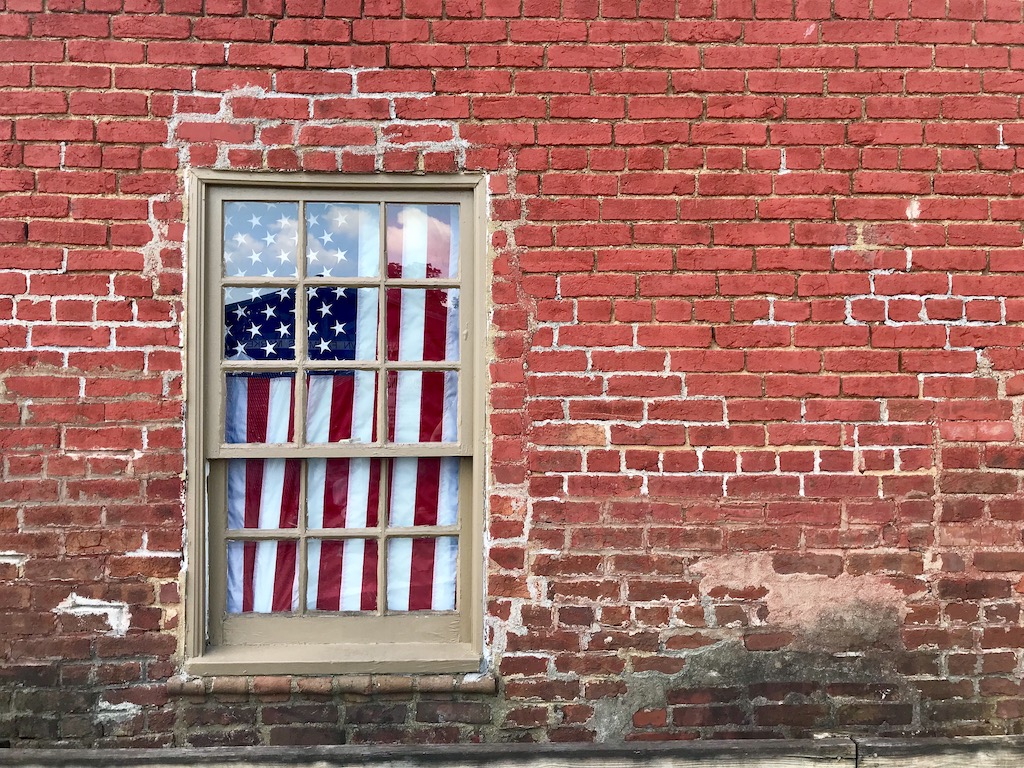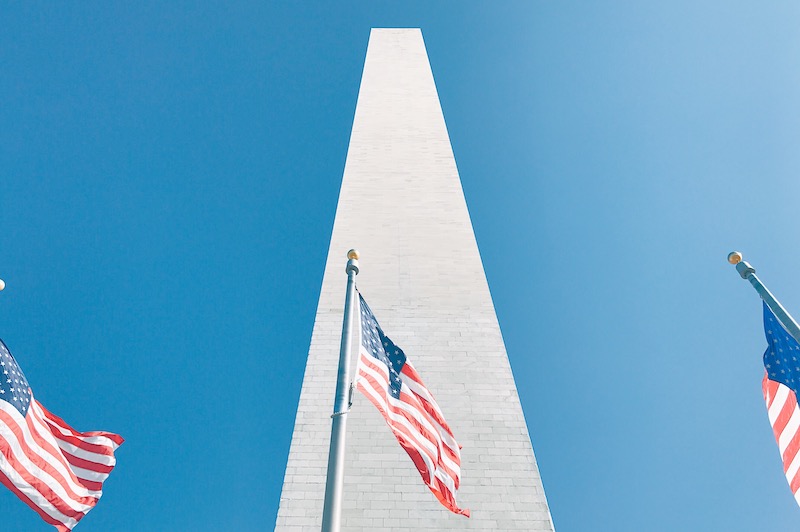Exploring Christian Engagement in Contemporary American Politics and Society
A compilation of essays written by Daniel Bennett, Brad R. Hale, Bryan T. McGraw, Peter Meilaender, Abbylin Sellers, and Timothy Taylor
READ THE FULL TEXT
INTRODUCTION:
What is the goal of Christian public life? How should Christians engage in societies, political systems, and cultures that are, in some cases, antagonistic to the core principles of our faith? Do we set ourselves apart? Do we assimilate? Do we actively engage and seek to transform?
These questions are perennial because Christianity is not merely a private affair. It permeates the entire life of the individual believer (including that person’s day-to-day life in secular society), and it is also inherently evangelistic: Jesus told His followers to “Go into all the world and proclaim the gospel to the whole creation.” In other words, to be a follower of Christ is to order one’s entire life toward His example and teachings, and necessarily share this good news with others.
This may seem relatively straightforward in principle, but it never has been in practice. In the 5th century, St. Augustine famously wrestled with these questions in his City of God. In his conception, true Christians are primarily (and ultimately) citizens of the City of God, or the Heavenly City. However, they also inhabit the City of Man or the Earthly City, “on pilgrimage” in a temporal reality that is under “the condition of mortality.” The values of temporal society are often at odds with the values of the Kingdom of God, and yet, we are nonetheless sort of dual-citizens during this life. Like the prophet Jeremiah extolled, we therefore have a responsibility to “seek the welfare of the city where [God has] sent you into exile, and pray to the Lord on its behalf, for in its welfare you will find your welfare.”
But what does that look like in each era? How do we avoid being formed by the values of the City of Man, while still engaging in it and seeking its good?
These questions have particular relevance in the United States in 2019. An American culture that has historically been friendly to—and even characterized by—Judeo-Christian values is becoming increasingly secular. Meanwhile, in the Trump era, Christians are wrestling in new ways with their relationship with temporal politics. What is the worth of political victories in the Earthly City, and what are we willing to sacrifice for them?
The newfound relevance of these questions is, in part, why we decided it was time to rename our program the Initiative on Faith & Public. Of course, exploring the compatibility of our faith with certain economic and political systems remains a critically important task—and one that our program will continue to facilitate. But, those are somewhat secondary questions to this core one: How do people of sincere faith engage in public life?
Our initiative aims to provide forums for the exploration of this complex question (and related questions). This compilation of essays, written by members of our faculty network, is one such forum. We hope these essays help guide and spur on your own thinking on this important topic.
TABLE OF CONTENTS:
Toward a Better Christian Political Engagement: Acknowledging Challenges, Recognizing Opportunities by Daniel Bennett (pg. 3)
How to Think About Voting When Your Vote Does Not (Really) Matter by Bryan T. McGraw and Timothy Taylor (pg. 19)
Preparing the Soil: Christian Political Engagement in the 21st Century by Peter Meilaender (pg. 31)
Defending Liberty, Loving Neighbor by Brad R. Hale and Abbylin H. Sellers (pg. 43)



